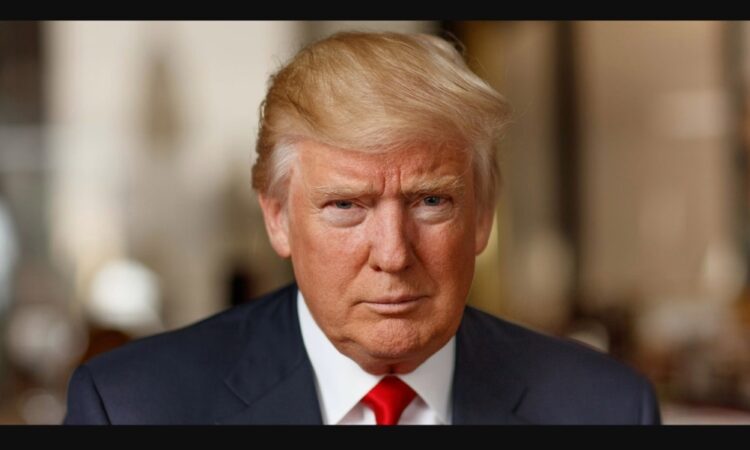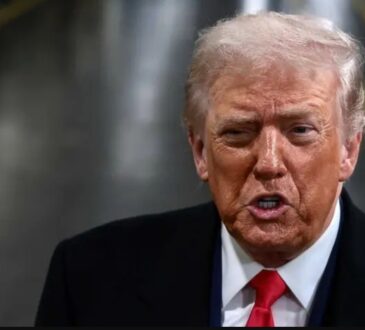
President Donald Trump’s administration experienced three significant legal setbacks on Wednesday, as federal courts issued rulings that challenged major aspects of his immigration and trade policies.
These decisions, delivered within hours of each other, mark a substantial legal blow to the administration’s agenda and its efforts to rapidly reverse policies from the Biden era.
In Boston, U.S. District Judge Indira Talwani blocked the administration’s attempt to suspend immigration parole programs established under President Joe Biden.
These programs allow migrants from countries including Afghanistan, Ukraine, Cuba, Haiti, Nicaragua, and Venezuela to temporarily live and work in the United States, typically for two-year periods.
Trump moved to end these programs through an executive order on his first day back in office, with Homeland Security officials arguing that such parole was not authorized under federal law unless evaluated on a case-by-case basis.
However, Judge Talwani ruled that suspending or substantially altering these programs requires a formal legal process and cannot be executed unilaterally by the executive branch. Her decision means that the government must continue processing applications under the existing framework, offering relief to thousands of migrants who were in legal limbo. The ruling emphasized that even if the administration opposes the programs on policy grounds, it must still follow proper administrative procedures to modify or rescind them.
In a separate case, a federal court in New Jersey halted the deportation of Mahmoud Khalil, a Columbia University graduate and legal permanent resident who has been detained by U.S. Immigration and Customs Enforcement.
The Trump administration sought to remove Khalil under a provision of the Immigration and Nationality Act, which allows for the deportation of individuals whose presence in the country could cause serious adverse foreign policy consequences. The administration accused Khalil of having associations aligned with Hamas, although no criminal charges have been filed against him.
Judge Michael Farbiarz, who issued the ruling, questioned the legal foundation of the deportation attempt. He noted that the government failed to explain how Khalil’s alleged actions had negatively impacted U.S. foreign relations, and described the statute being used as “unconstitutionally vague” in this context.
Although the judge did not order Khalil’s release, he requested additional legal arguments and evidence before making a final decision. Khalil’s attorneys praised the ruling, describing the government’s actions as an unconstitutional misuse of immigration law to target political expression.
The third legal defeat came from the U.S. Court of International Trade, which blocked Trump’s plan to impose sweeping tariffs on nearly all imports using the International Emergency Economic Powers Act (IEEPA). The administration argued that the tariffs were necessary to address what it described as a national economic emergency.
However, the court ruled unanimously that IEEPA does not grant the president unlimited authority to regulate international trade. The three-judge panel, which included a Trump appointee, stated that only Congress has the constitutional power to authorize such broad trade actions.
The decision was welcomed by states and industry groups that had challenged the tariffs, citing concerns over economic damage and legal overreach. In response, the Trump administration criticized the judiciary, claiming that unelected judges were interfering with the president’s duty to act in times of national crisis.
Despite the ruling, administration officials insisted they would continue pursuing every available legal route to implement the trade measures.
Following these rulings, the Trump administration has already filed an appeal in the tariff case and is petitioning the Supreme Court to lift the block on changes to the parole programs.
Meanwhile, Khalil’s legal team is preparing additional arguments to challenge his detention and seek his release or reunification with his wife and newborn son.
Together, these rulings represent a notable judicial check on the Trump administration’s efforts to quickly reshape immigration and trade policy, reinforcing the legal boundaries of executive authority.




